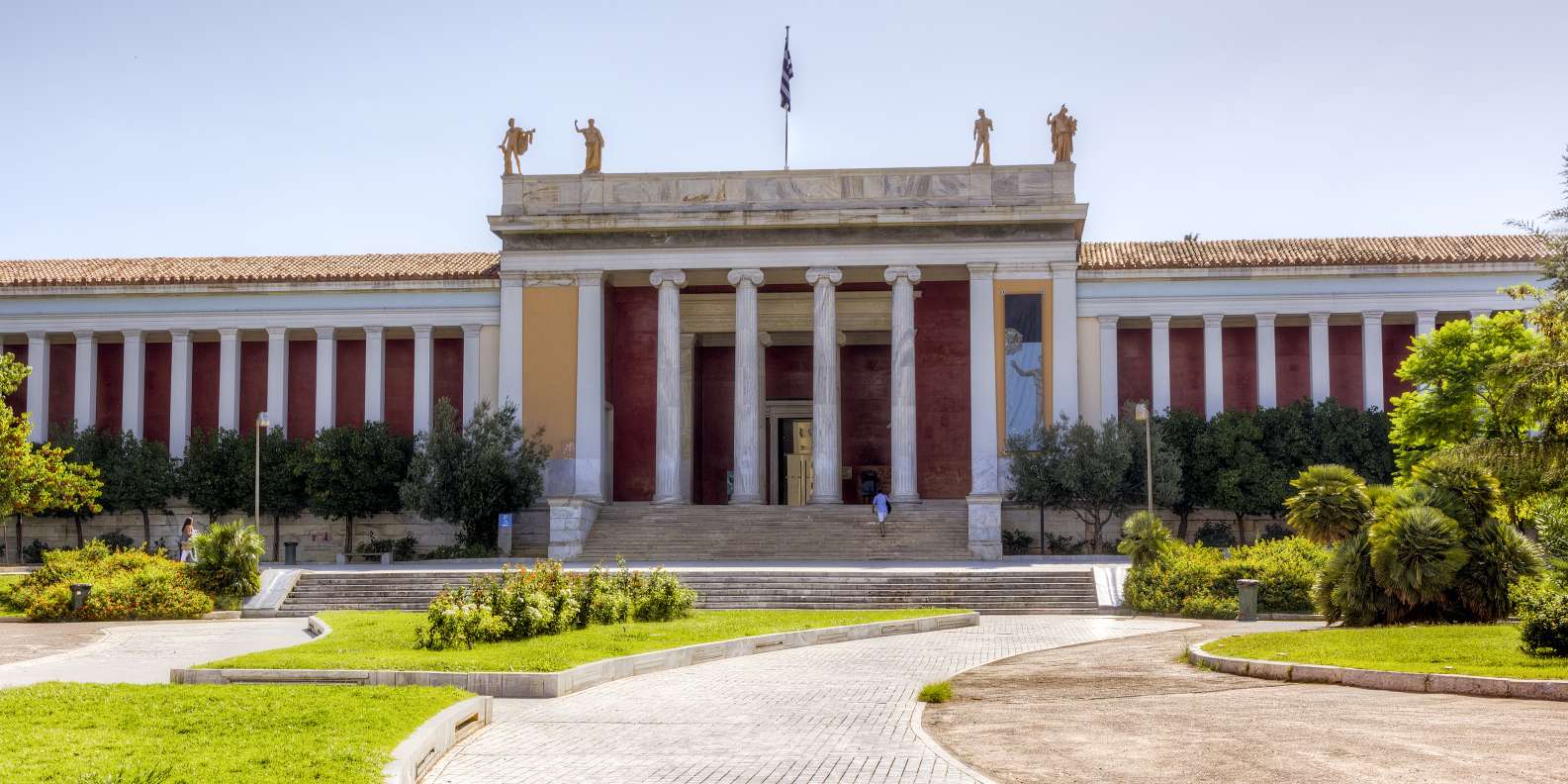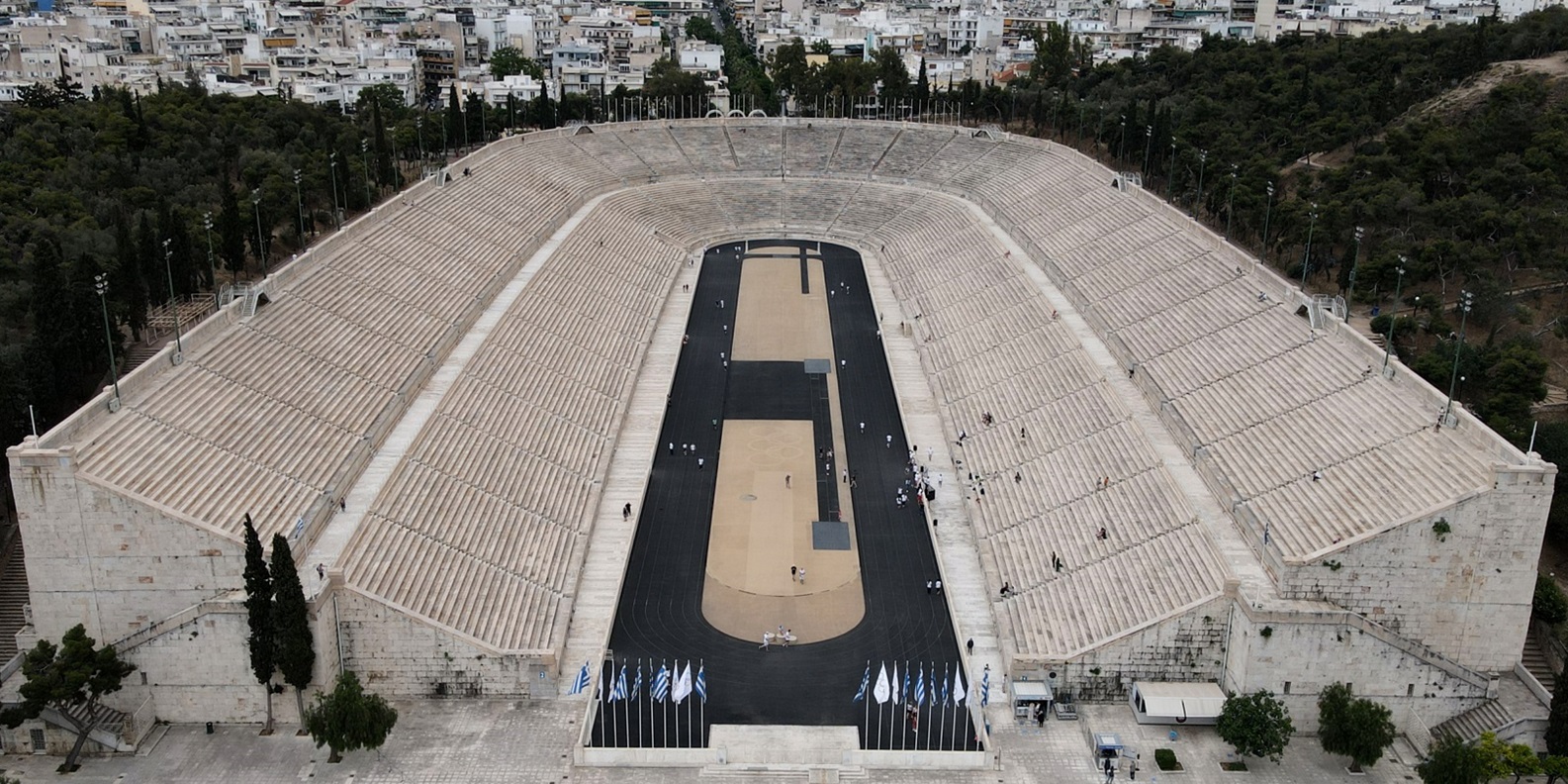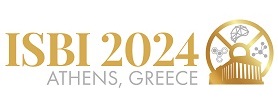Welcome Reception - Monday, 27 May 2024
 A very warm welcome to everyone who will travel from far and wide to help make ISBI 2024 a great forum for our community, to discuss the present and future of biomedical imaging and to once again enjoy a chance to strengthen our scientific, professional and social bonds.
A very warm welcome to everyone who will travel from far and wide to help make ISBI 2024 a great forum for our community, to discuss the present and future of biomedical imaging and to once again enjoy a chance to strengthen our scientific, professional and social bonds.Embrace the chance to forge new friendships, reconnect with familiar faces, and immerse yourself in the enchanting rhythm of live music, while savoring exquisite Greek delicacies. Don’t let this opportunity slip away!
This event is included in the conference registration. A limited number of extra tickets will be available.
Networking Lunch - Monday, 27 May 2024
Students, young professionals and startuppers will interact with representatives of world renowned companies in biomedical imaging research. This makes for the perfect setting to share experiences and discuss entrepreneurship and fresh opportunities in the industry. Reservation upon registration is required for this event due to space and catering limitations.
Breakfast with the Leaders - Tuesday, 28 May 2024
Take advantage of this exclusive opportunity! Students and early career researchers will interact with world renowned leaders in biomedical imaging research, who are excited to share their insights into navigating a career in biomedical imaging as a young researcher and professional. Reservation upon registration is required for this event due to space and catering limitations.Lunch with the Leaders - Tuesday, 28 May 2024
Take advantage of this exclusive opportunity! Students and early career researchers will interact with world renowned leaders in biomedical imaging research, who are excited to share their insights into navigating a career in biomedical imaging as a young researcher and professional. Reservation upon registration is required for this event due to space and catering limitations.Historic Athens at sunset - Tuesday, 28 May 2024

Once the symposium sessions are concluded for the day, join the students and Young Professionals for a networking experience. Unwind with your colleagues while discussing careers, entrepreneurship, and opportunities in a fun and casual setting. Walk in Athens historic center, learn about the city’s rich past and explore the structures in a fascinating voyage back in time. Make new acquaintances and enjoy the Athenian sunset, while indulging in delicious culinary delights or sipping on a cocktail. The setting will provide the perfect backdrop for an unforgettable evening of mingling and relaxation.
Women in Biomedical Imaging Lunch - Wednesday, 29 May 2024
Join us for the Women in Biomedical Imaging Lunch, where we will have the pleasure of enjoying conversations with accomplished women in biomedical imaging from academia and industry. They will share their personal stories and experiences of overcoming challenges and achieving career success. This event is a fantastic opportunity to network, connect, and learn from the inspiring stories of our female leaders. Don’t miss this unique chance to be part of an engaging discussion and celebrate the achievements of women in biomedical imaging.Visit to the National Archaeological Museum - Wednesday, 29 May 2024

Dive into history by visiting the richest collection of Antiquity artifacts in the world.
The National Archaeological Museum of Athens is the largest archaeological museum in Greece and one of the most important museums in the world devoted to ancient Greek art. It was founded at the end of the 19th century to house and protect antiquities from all over Greece, displaying their historical, cultural and artistic value. The Museum is housed in an imposing neo-classical building and features the richest collection of Greek Antiquity artifacts in the world. Its collection also includes relics from prehistoric times as well as several pieces of Egyptian art. The oldest archaeological library of the Archaeological Service is also located within the premises of the museum, with thousands of volumes dating back to the 17th century.The Museum curators will offer a tour to ISBI 2024 participants.
Join ISBI 2024 in a unique Symbolic Marathon - Wednesday, 29 May 2024

Where Science Meets Legacy: Uniting History and Athletic Excellence at the Panathenaic Stadium. Seize the opportunity to feel the Ancient Olympic Spirit.
ISBI 2024 invites you to join a symbolic marathon at the unique archaeological monument of the Panathenaic Stadium which hosted the revival of the Olympic Games. The stadium, originally built in the 4th century BCE and reconstructed for the modern Olympics in 1896, serves as a symbolic link between ancient and contemporary athletic traditions. Its hallowed grounds echo with the feats of ancient Greek athletes and the ideals of fair competition and the joy found in effort, embodying the Olympic ideals.
Hosting a symbolic athletic event at this historic venue not only pays homage to the origins of the Games but also fosters a sense of continuity and unity across centuries, emphasizing the enduring power of sports to inspire, unite, and celebrate human achievement.
The Panathenaic Stadium stands as a living testament to the timeless values of athleticism and sportsmanship, making any event held within its storied walls a poignant and culturally resonant experience.
The ISBI 2024 Symbolic Marathon will include a run of 0-10 laps. The primary goal for many participants in a marathon is not necessarily to secure victory, but rather to complete the race and achieve a personal accomplishment. However, if you don’t wish to run or walk, this experience will make for a rare opportunity to revive your historical memory, immersed in the white Attic marble of a monument of global heritage.
Join Us
When: Wednesday 29th of May 2024
Arrival Time: 17:30
Marathon Start Time: 18:30
Duration: 1 hour
Where: Panathenaic Stadium
Criteria for 1st place: All participants are 1st place winners
What should I bring along: your smile
What should I wear: sportswear, sneakers
Do I need to register: Yes
How do I get there: you can walk about 1.8 km from the Symposium venue to warm up for the run. Alternatively,- By City Bus: Routes 2, 4, 10, 11, 90, 209, 550 (Bus stop: Stadium)
- By Metro: Lines M2, M3 (Metro stops: Akropoli, Syntagma, Evangelismos)
For more information visit: panathenaicstadium.gr


